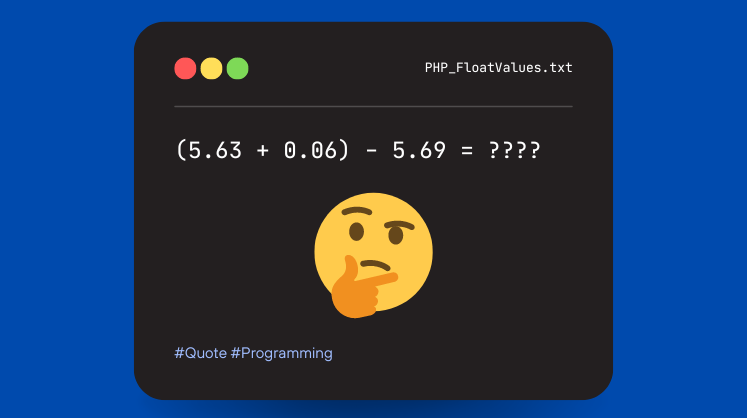HTML5 has proven to be an interesting language for game developers. Part of the idea when it first emerged was that it would help to make games and other programs easily workable on a variety of devices. This very idea, as you can imagine, was instantly exciting in gaming. Previously, the best we could do adapting things like mobile games from browser experiences, or console games from mobile experiences, was imitation. Now we can more or less translate an exact game from one platform to the other with minimal alteration. Plus, anyone with some basic coding experience and JavaScript skill can learn how to create a game from scratch in HTML5. It looked like the total package for developers even a few years ago.
[gads]

So far, while we have yet to see anyone game propped up as the prevailing example of HTML5’s success, we have begun to see a lot of the positive effects we had expected. Some of the earlier implementations were in the casino genre, where the need to translate online success to mobile platforms was clear. Back in 2015, online developers working in this genre started to launch their first HTML5 products, optimizing games to suit multiple devices. Two years later, there are countless online casino titles that are available in identical form on mobile devices. It’s almost been a subtle shift, because this is an industry that’s always evolving and expanding with or without a new coding language, but it’s still resulted in a lot of fun, versatile games.
Beyond casino platforms, weve also seen the gradual rollout of a lot more impressive games that work similarly on different gaming systems of media. You might be surprised at some of the amazing games made with HTML5, in that some have become very popular without the fact that they were written in this language necessarily being broadcast. Bejeweled is probably the most famous of the bunch, though titles like 2048, Angry Birds, and HexGL are certainly recognizable as well.
[gads]
It’s pretty clear that expectations have been met regarding HTML5 game design. The next question is where it might go from here? To address this question we need only think about the near future of gaming in general, and there it’s clear that virtual reality is king. So—can HTML5 boost VR gaming in any significant way?
That’s a difficult question to answer at this stage given that VR is still getting off the ground, at least where game design is concerned. But the name to watch is WebVR. This is effectively another design language that has been described as virtual reality’s sweet spot, and it’s one that can actually be paired with HTML5. The effect is basically to turn web-based games into VR experiences that can be enjoyed on phones or desktops, without any kind of VR equipment. Its a means of bringing VR gaming to the masses and broadening the experiences, and its one of the key developments that could make VR more popular.



